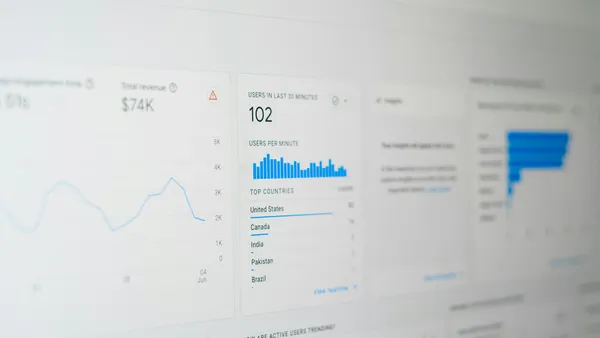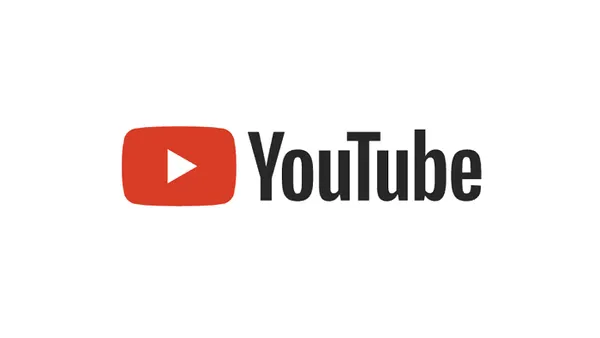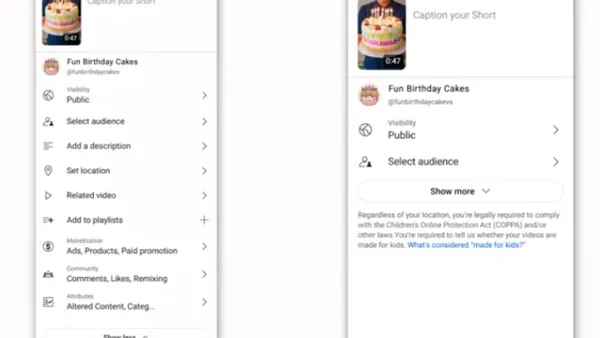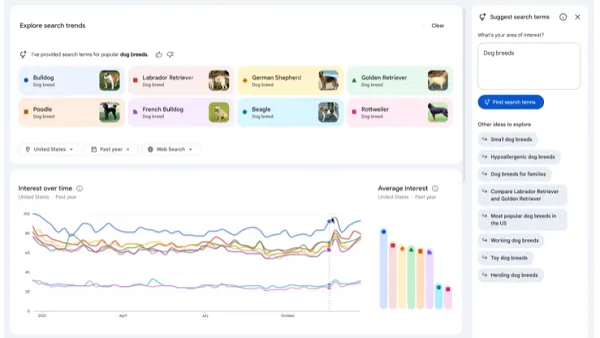Jon Husband of Wirearchy and Lee Bryant of Headshift, have recently put in a lot of thought on Enterprise 2.0 ...
On the technical level, the integration challenges are non-trivial:
- identity / Single Sign On (SSO);
- internal application integration;
- legislative obligations for data retention, privacy and audit; and,
- availability.
But the integration of people, practise and (dare I say) process is even harder, with challenges such as:
- devolving responsibility and promoting a DIY culture;
- encouraging people to grow their own internal and external networks;
- stimulating conversation and debate by overcoming fear of exposure; and,
- for many people, simply overcoming the idea that any form of online communication beyond email is "not part of their job."
I'd like to add another dimension to this conversation, which was triggered by presentations and comments I heard at the IAMAI Digital Marketing Summit last week in Mumbai. All pointing to the fact that there is immense potential for web 2.0 or social media (call it by whatever name you wish) in Marketing. In particular, I liked what Ajit Balakrishnan of Rediff had to say - here's the gist .. I may have missed a few words:
Rajiv Dhingra, who it was a pleasure to meet, summarizes the summit:
"The conclusion was similar to all the previousdiscussions and in fact this is to be noted - Marketers are now askingother media and medium what is the ROI!
...and thus concluded the IAMAI Digital Media Conference 2007.
Iwish there were more marketers and especially FMCG product brandmanagers who had attended this conference because it's the offlineworld which needs to know that it is time to start switching online."
It's encouraging to hear marketers talk of blogs and social networking and building communities online, however, like Rajiv, I heard many unspoken doubts on Return On Investment (ROI) from such engagements. Its a question I raised at the summit. Is the industry doing anything to develop metrics to measure impact? Are they talking to bloggers about it? Simple answer - NO.I know ROI is an obsession with marketers, and we would fail in our jobs as consultants in this area, if we did not address them. We've done the first part of our jobs by getting the words 'blog' and 'online communities' into the lexicon of marketers. They have some sense of what these can do. We can talk of benefits of corporate blogging, evangelism, influence on brand perceptions, using these tools to empower your customers to become your marketers. We can hold their hands on how to set these up for their companies. There's been some good thinking by Charlene Li at Forrester in October 2006 on ROI of blogging.
But do we have a model in place yet? Are we giving them more tangible, quantifiable metrics, the equivalent of or alternatives to GRPs and cost-per-clicks? Are we doing enough, in the area of showing them ways to manage risks involved ? How are we helping them 'market' social media internally to their VPs and CEOs who often tend to be older, more rigid, more in fear of giving up control.
Leaps of faith aren't always easy to achieve from organizations without any estimation of how it can affect bottomline. Bottom-up or top-down, as much as we want 'them' to speak our language, we need to speak their's too. I was chatting with Veer and Rajiv at the summit, and I do believe its time to get bloggers and advertisers/marketers together into a discussion on how this can come about. This isn't just an India issue, I know many of my blog buddies in other parts of the world are grappling with these concerns.
Any takers? Suggestions?
Update: [link via Dave Winer - Nicholas Carr talks about two studies that provide some data on adoption of six prominent Web 2.0 tools - blogs, wikis, podcasts, RSS, social networking, and content tagging. "Although Forrester didn't break out adoption rates by tool, it did saythat CIOs saw relatively high business value in RSS, wikis, and taggingand relatively low value in social networking and blogging." Read more at Nicholas Carr's blog.]
link to original post








